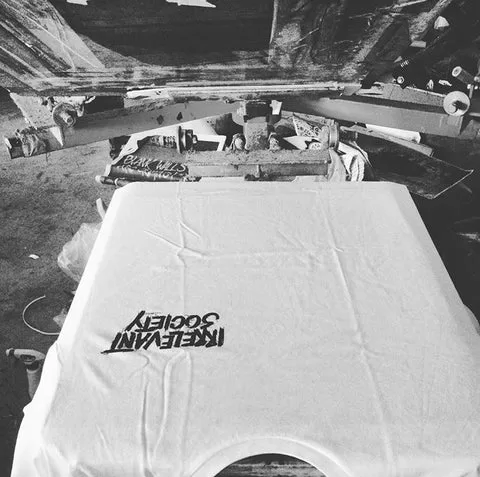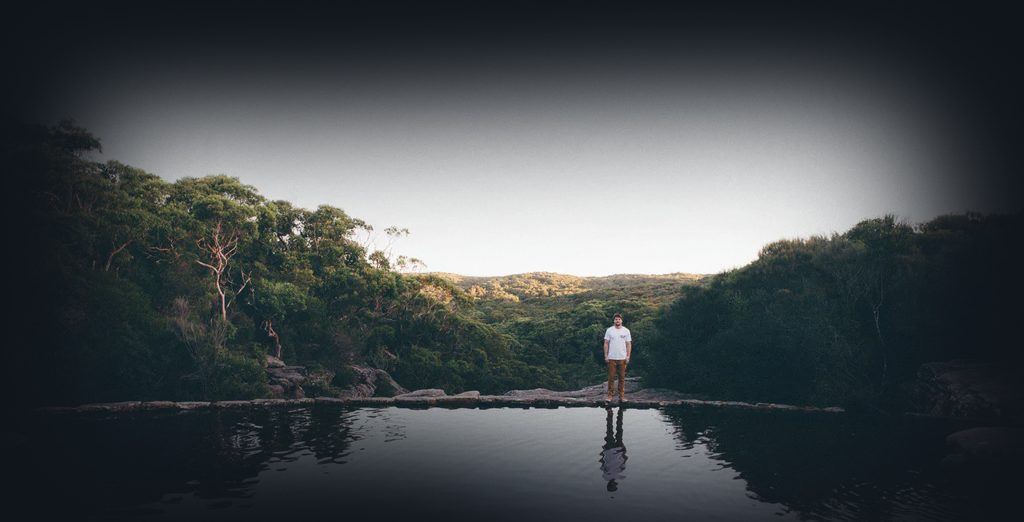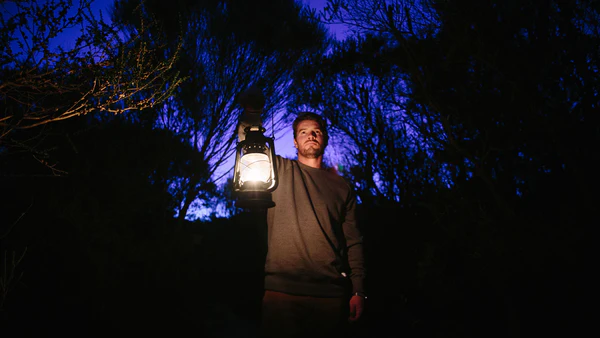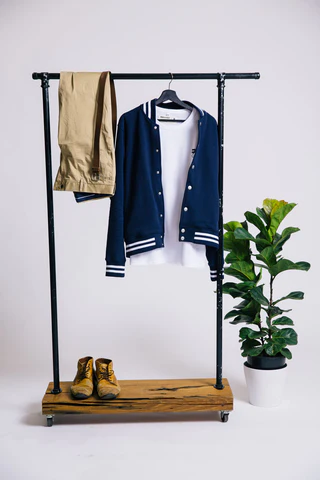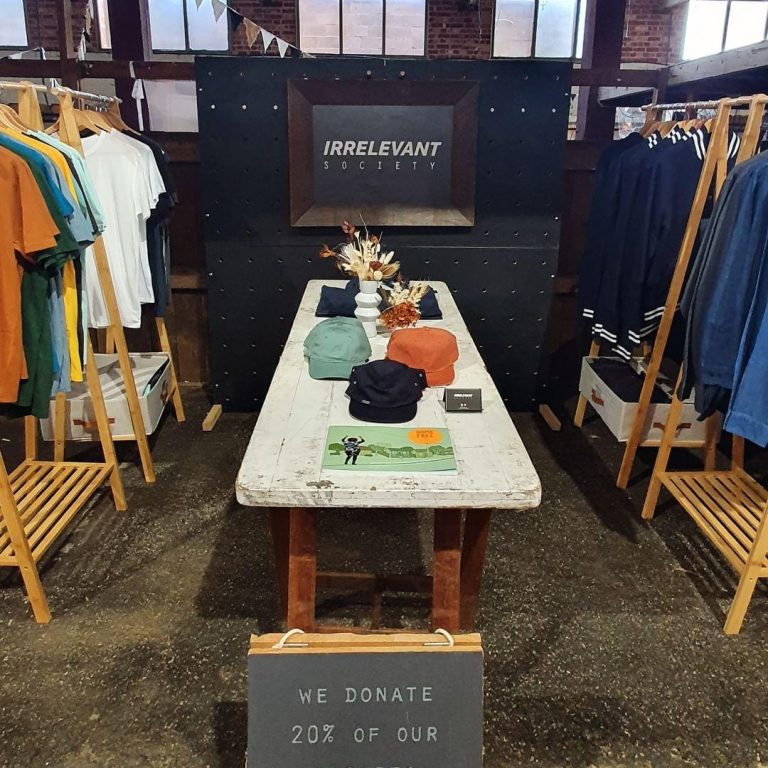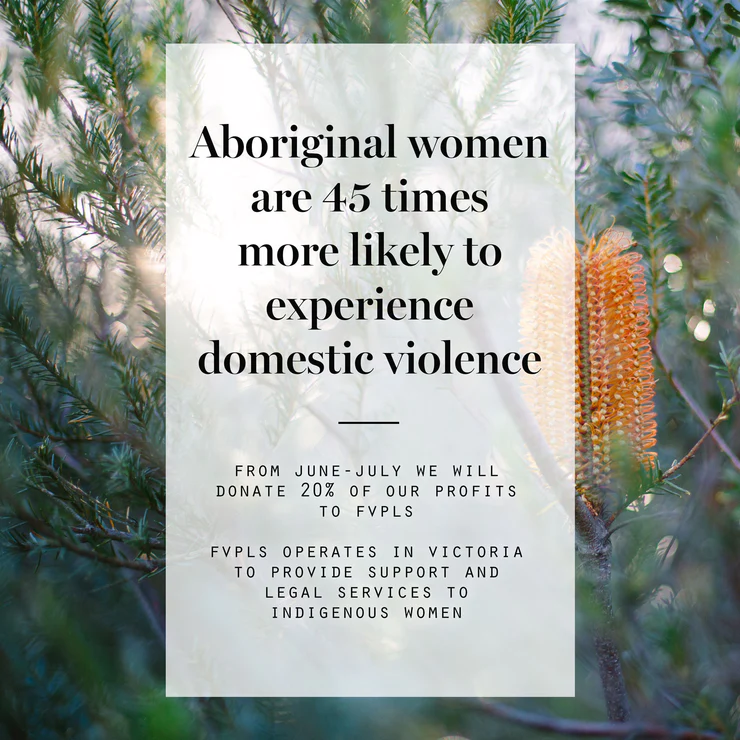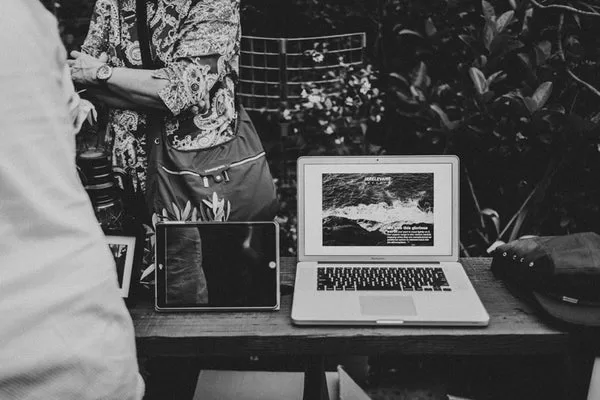Who made our clothes? And who are they for?
ByIEL

Would you ask us where we made our clothes? We hope you do.
We believe supporting ethical fashion is important, and it’s more closely related to the cause we fight than you may first think.
From 23 to 29 April is Fashion Revolution Week 2018. Fashion companies globally are challenged to tell their consumers who made their clothes. You have the right to know where your clothes came from.
Our clothes are made in India, Bangladesh and Turkey. The suppliers we use have been members of the Fair Wear Foundation since 2004. This means that these companies are regularly audited for social compliance and their programs are monitored to ensure that they meet the standards set by the International Labour Organisation, the Ethical Trading Incentive and other international bodies. It also means they release an annual social report, do not use forced labour, provide a safe and healthy working environment and legal labour contracts, do not discriminate, have reasonable working hours (making sure employees have time with family), and absolutely no child labour.
Our suppliers also obtain their materials from organic farming. Organic farming means better health for the farmers and the environment. And while it is true that we haven’t met the farmers and other workers in person yet, we hope that one day our small and humble start will eventually grow enough to enable us to visit them, to get to know them and to hear their stories.
Better still; to give opportunities for the most disadvantage a chance to improve their lives by creating more jobs. That’s why we honour our fashion business friends who are more advanced than us and able to do this. We celebrate their success in the fashion industry and hope to follow their steps one day.

We screen printed our own t-shirts at Carizza Design Studio, Marrickville.
We believe supporting ethical fashion is important, and it’s more closely related to the cause we fight than you may first think.
Both the issues of violence against women and unethical work practises come from the underlying problem of a misuse of power. The #metoo campaign is one example that clearly highlights this issue and how abuse gender power and workplace power overlap.
It is true that generally speaking, men are physically built stronger than women. But power is given to protect, not to oppress. The bigger the power is, the bigger its responsibilities.
In the case of a man’s role in his own environment, power is given to protect the family or the more vulnerable ones. Unfortunately we’ve seen many sad stories where men mishandle this power and use violence. Former Australian of The Year, Rosie Batty, lost her son in the hands of her abusive ex-partner.
So how could we encourage men to stand up against gender-based violence the same way consumers were encouraged to challenge fashion brands who made their clothes?
One way is through the way we design our clothes. It is the reason behind our brand. We believe that as men, you have a unique voice and power to make a difference. Our clothes are for men to publicly share their stand against violence towards women. They are also for the women and children who are affected by this issue, and for our next generations. They are for all of us as a society.
These are for whom our clothes are made.
This month Irrelevant Society will donate 20% of its profits to Women’s Community Shelters. Find out about Women’s Community Shelter here.
